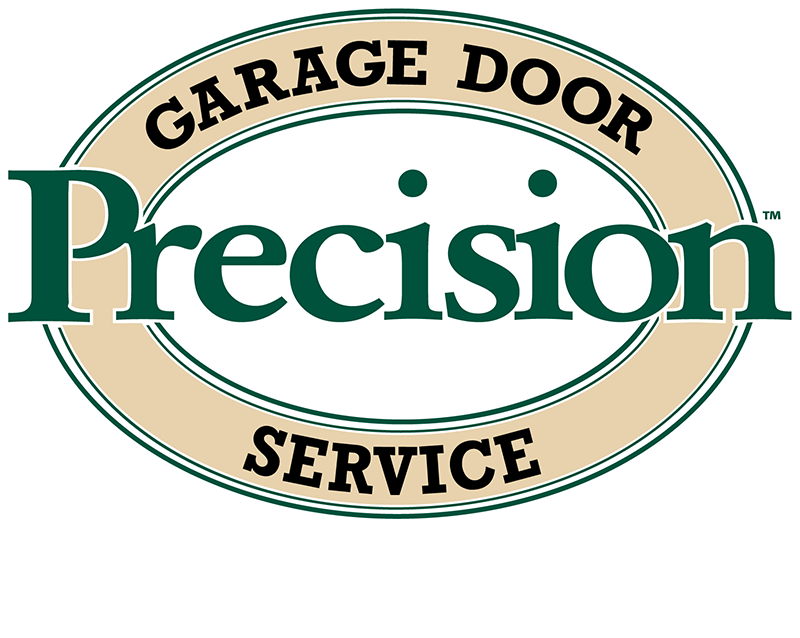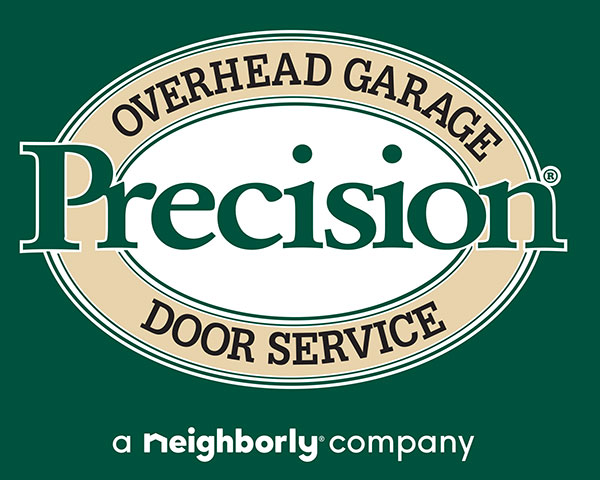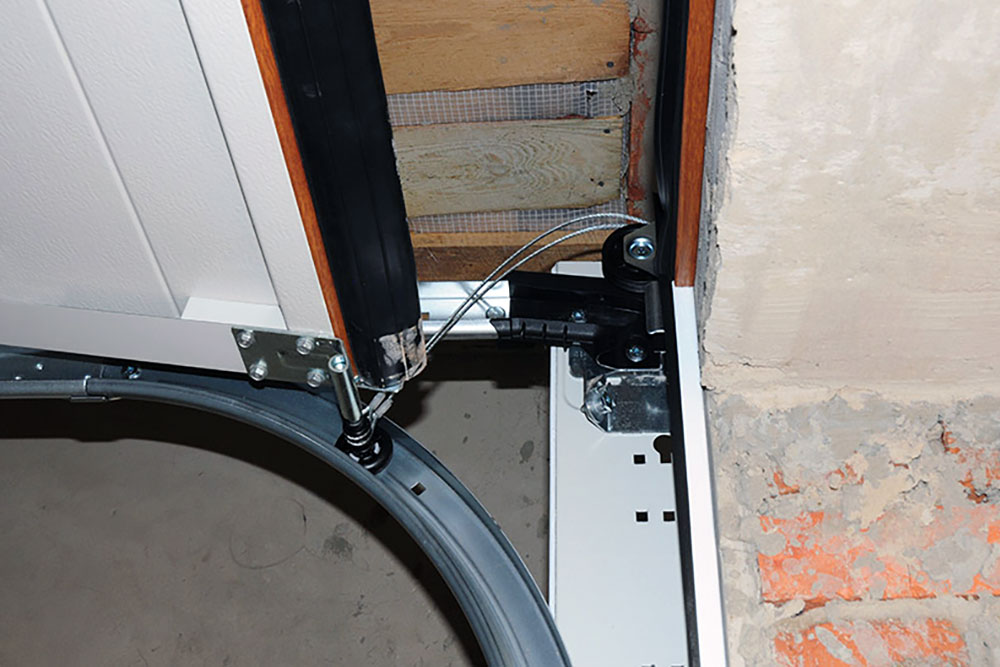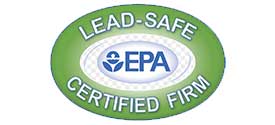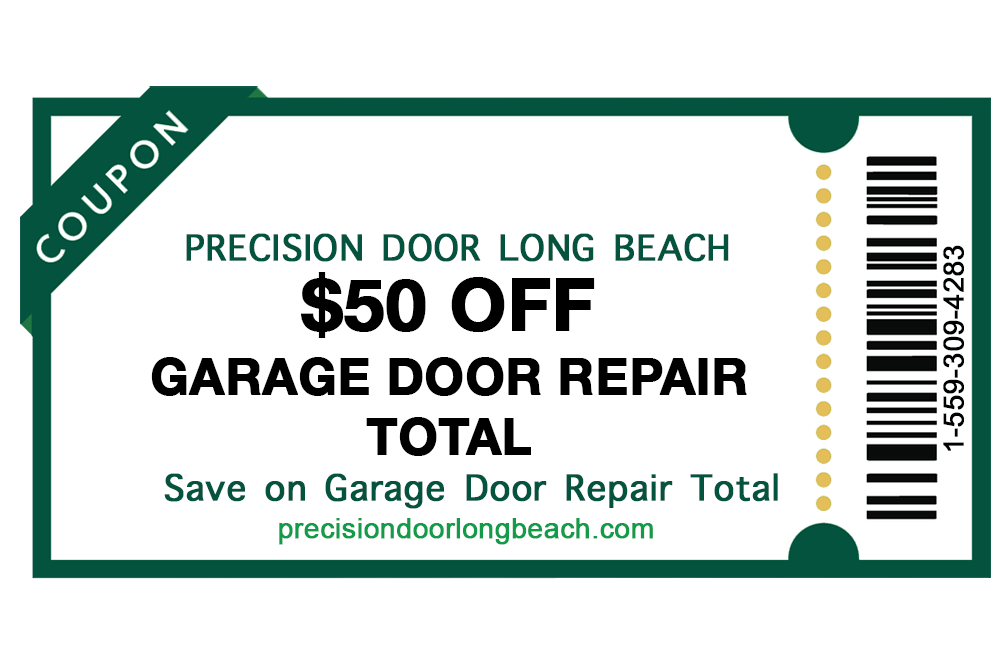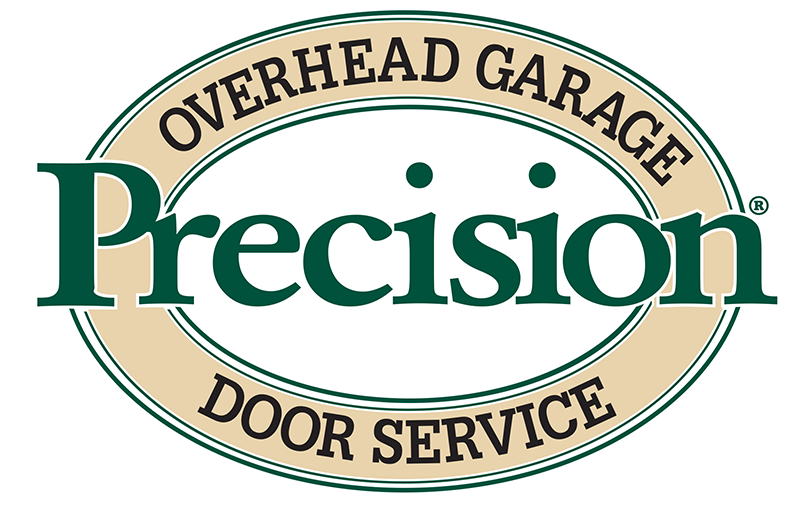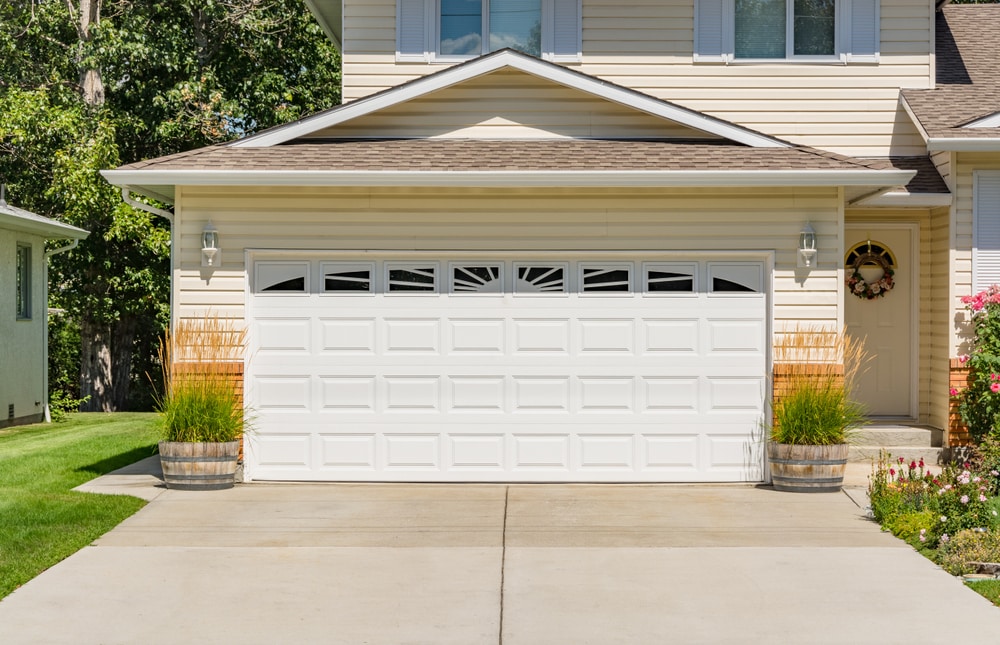
Check the Garage Door Seals
The seals on your garage door wear with age. Seals are designed to be a barrier between your garage door and the elements. Over time they can erode, creating a prime opportunity for pests and mold to move in. Water can eventually seep through the cracks as well. If your garage door’s seals are not working properly, contact us for garage door repair Long Beach. We can replace the seal to get your garage door working again or replace the door with a stronger one.
Get Proper Drainage
One common “intruder” in a garage is water. Water can enter your garage in many ways, including from a sudden heavy rainfall. Driving your car in a rainstorm and then parking it in the garage can also introduce high moisture levels to your garage. This causes mold to grow more rapidly and can even cause structural damage in your basement and home. If you do get water in your home, it’s important to drain it as quickly as possible. But for the future, you should make sure that you have proper drainage for your home to keep water away.
Control Humidity Levels
Excess humidity levels are another common cause of moisture in garages. Mold can grow quickly and easily in dark, moist, and confined spaces. In warm weather, most people only think of running the air conditioner or installing a dehumidifier in the main living areas. But it’s important to put a dehumidifier in the basement as well to clear out excess moisture in the air. This is especially true if your garage doesn’t have windows, which are an important source of ventilation. A dehumidifier can lower your garage’s humidity level by up to 50%.
Rain can do a world of good for the environment, but it has the opposite effect in your garage. If trying these moisture-removing methods doesn’t work, it’s time to contact a professional for Long Beach garage door installation or repair. Call us today about your mold and moisture concerns, and we’ll be happy to help you get a moisture-free garage.
